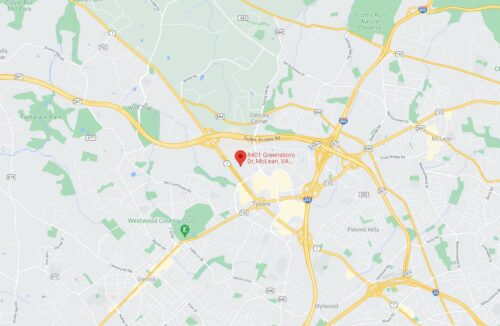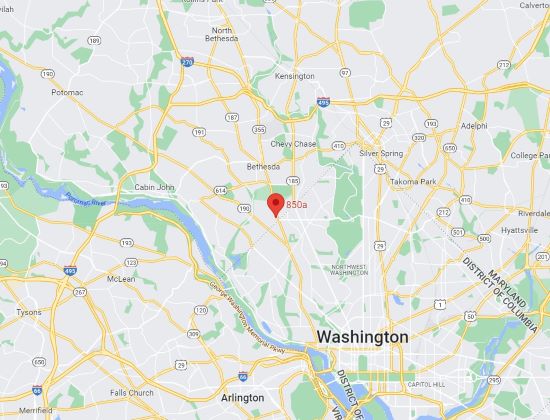
Today we’ll answer this question. If you live in the Washington, DC, Maryland, or Virginia, area, you can feel free to schedule a consultation with Dr. Holzman to further discuss your vision correction needs after you’ve already had LASIK surgery.
Why Might Vision Change After LASIK?
LASIK provides long-term results. While many people never need glasses after LASIK, there is no guarantee that the results will last a lifetime. This are a few reasons for this:
- LASIK reshapes the cornea, which is just one part of the eye: LASIK surgery corrects vision by reshaping the cornea. Vision issues that are not related to the shape of the cornea (such as cataracts or macular degeneration) can still affect the quality of your vision.
- LASIK doesn’t stop the aging process or its effect on the eyes: It’s natural for people to experience vision changes as they age. These changes can begin as early as a person’s 40s. LASIK does not stop the natural aging process, so vision issues related to aging (such as presbyopia) can still occur years after LASIK was performed.
More About LASIK and Vision Changes
Vision problems after LASIK are typically age-related and not related to the LASIK procedure itself. Cataracts and presbyopia are perhaps the most common vision issues people experience with age, even people who have had LASIK.
- Cataracts: Cataracts are cloudy deposits that form on the lenses of the eyes. They can impair vision by making things look foggy or blurry. Because cataracts develop on the lens, they cannot be helped with LASIK surgery. Cataract surgery can be performed to remove the clouded lenses and improve vision.
- Presbyopia: Presbyopia is a type of gradual farsightedness that occurs during middle age and a person’s golden years. It develops when the lens of the eyes loses elasticity, making it difficult to focus. This is the reason many people need bifocals or reading glasses as they get older.
A Second LASIK Surgery to Treat Presbyopia
Although LASIK surgery cannot help improve vision affected by cataracts, it can be used to treat presbyopia. This single-eye LASIK procedure for presbyopia is known as monovision LASIK. It is just one of many options available for treating presbyopia. During your consultation, we can discuss eligibility for this and other presbyopia procedures.
Secondary LASIK to Correct a Previous Refractive Surgery
In addition to addressing presbyopia, LASIK can be performed a second time to correct the results of an ineffective refractive surgery. In these cases, the previous LASIK surgery did not improve the shape of the cornea enough. The LASIK surgeon performing the corrective procedure will need to refine the contour of the cornea so the patient can experience better vision.
Schedule a Consultation
If you have noticed vision problems and are wondering if LASIK is right for you, schedule a consultation with Dr. Holzman online or call our practice at (703) 936-6935.



